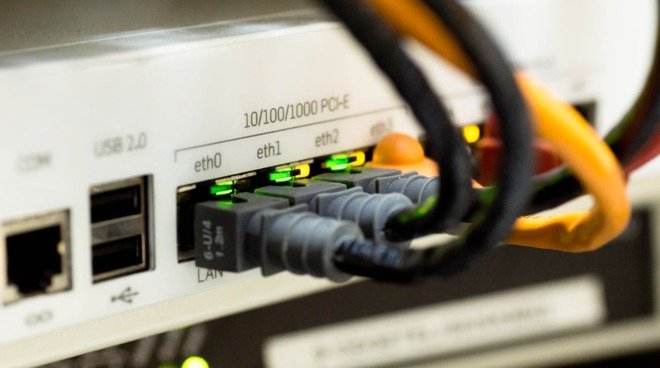Oblivious DNS is a new proposed DNS template developed by Apple, Fastly and Cloudflare engineers to improve privacy.
DNS is a fundamental cornerstone of the Internet as it translates domains, e.g. iguru.gr to IP addresses. Every time you connect to a websiteσελίδα on the Internet, DNS is required.
The use of encrypted DNS standards, DNS over HTTPS and DNS over TLS, protects your DNS traffic from third parties trying to track you. Even the traffic that can be recorded by DNS is valuable as it includes all the destinations one visits user when using the Internet.

But even if the DNS traffic is encrypted with the above encryption standards, the DNS provider still has access to the IP address of the device that the user is using. The ODoH (Oblivious DNS over HTTPS) standard promises to change that.
Basically, what ODoH does is add a proxy to the requests located between the user's device and the DNS provider.
So the traffic is routed through the proxy server and this of course leads to improved protection of the private life.
The DNS provider communicates only with the proxy server and not with the end user. In other words, the DNS provider sees the proxy IP but not the IP of the user's device.
ODoH also adds another layer of encryption to ensure that the proxy server cannot read the user's movements.
Cloudflare posted a detailed overview of the Oblivious DNS which provides additional technical details.
Also read the survey Oblivious DNS over HTTPS (ODoH): A Practical Privacy Enhancement to DNS





